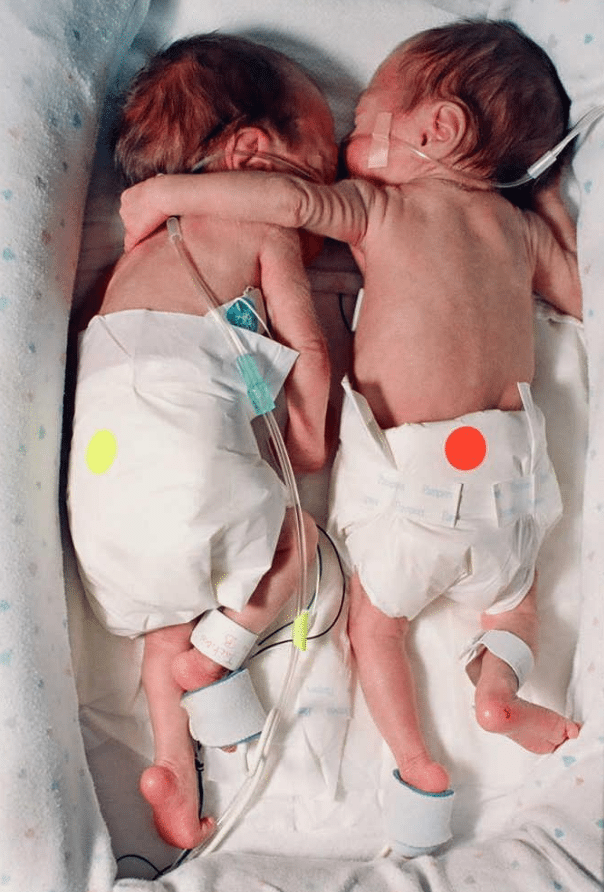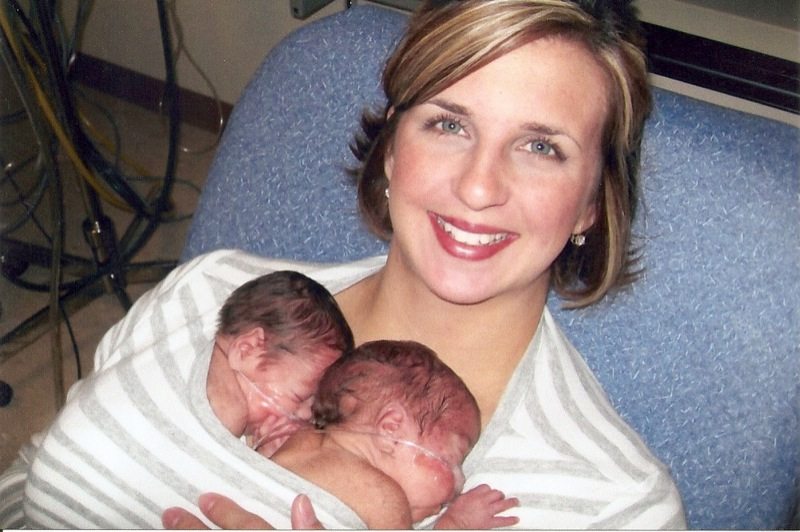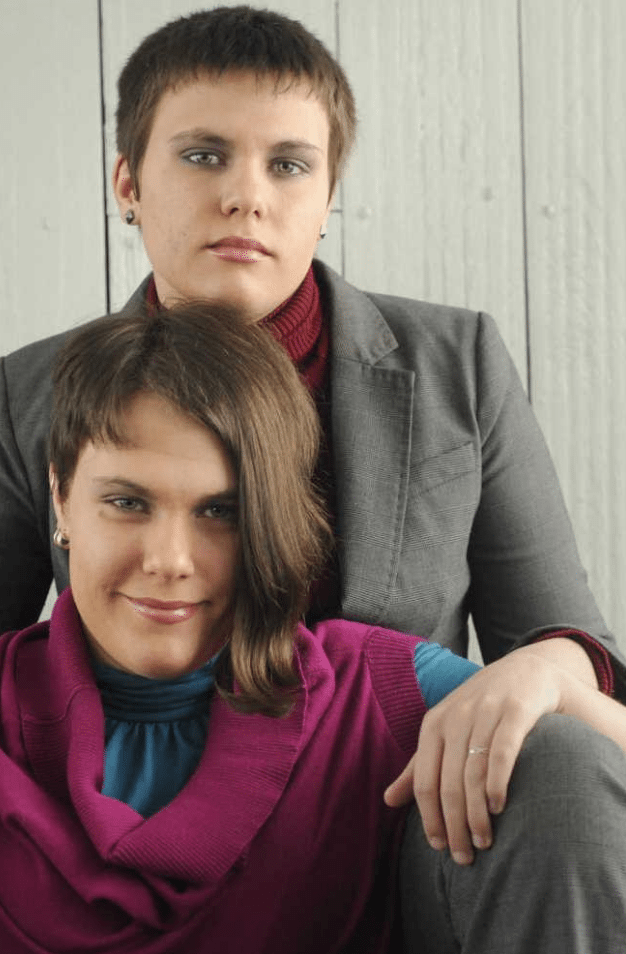We’ve all heard about the magical power of love in fairytales and stories like Harry Potter where Lily’s Potter’s love for her son Harry was so strong that it was able to save his life and defeat the most powerful dark wizard there ever was.
But apparently, the power of love isn’t just fairytale.
Human touch and affection is actually used in medicine in the U.S. and saved the life of a premature baby in 1995. When Worchester, MA father Paul Jackson’s twins were born in at UMass Memorial they were 12 weeks premature and weighed just 2 pounds.
“The nurses in the NICU were very honest and they told me up front things looked pretty good now but the next 42 to 78 hours things could turn very quickly,” Jackson told CNN in 2013.


By the time the twins turned 3 weeks, Brielle was struggling to breathe, her oxygen levels dropped, her heartbeat was racing, and she began to turn blue.
That’s when NICU nurse Gayle Kasparaian asked the parents if she could try something that has never been done before.
Something that would change the face of medicine in the U.S. She decided to put the stronger twin, Kyrie, in the same incubator as Brielle to initiate skin-to-skin contact also known as “Kangaroo Care” which was known to be effective in treating premies outside of the U.S.


Within seconds, Kyrie put her tiny little arm over her sister in what the press would deem the “Rescuing Hug.”
Brielle’s vital signs and breathing almost instantly stabilized.
“When I put Brielle in with her sister, it was amazing,” Kasparian told telegram.com. “She immediately calmed down. Her heart rate stabilized and her color changed.”
Prior to this twins and triplets were kept apart for fear of infection, but Kyrie and Brielle’s experience was considered to be “historical” and changed this policy.


“A lot of these things we just werne’t doing,” Dr. Stuart Weisberger of UMass Memorial told CNN. “We thought these kids were too fragile that you wouldn’t be able to do these things and now we do it not only with babies 28 weekers we do it at 23, 24, and 25 weeks. Even when they’re connected to the ventilator breathing machines.”
The twins grew up to be healthy and normal young adults who are closer than ever finishing each other sentences, speaking at the same time, and sharing the same thoughts.
You can learn more about their incredible story below.
Please SHARE this with your friends and family.















